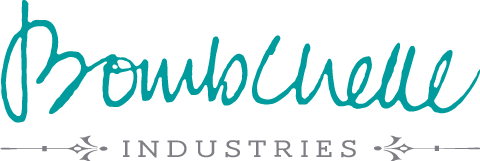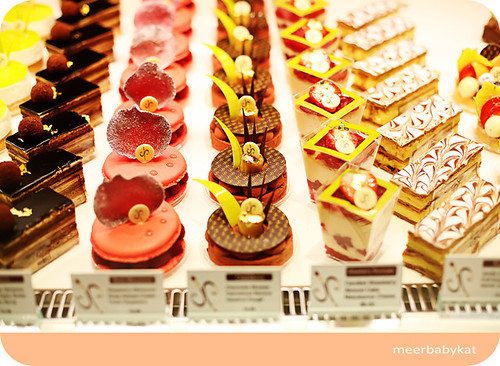By most peoples’ definition, “intelligence” has a very narrow meaning. I am intelligent in several ways, some of which are “typical” intelligences (very fast reader, good memory) and some of which are not (good at arts and crafts). However, my parents drilled it into my when I was a child that there were so many more important things than being intelligent, and that being intelligent does not make me better than anyone else.
At the time, I just found the repetition annoying. And then, I simply didn’t think about it for several years. Recently, though, I’ve come to be intensely thankful for being taught this at a very young age. I’ve come across a few people (not you, if you’re reading this, so don’t worry) who clearly think that their intelligence is their single defining attribute, and treat anyone they perceive as less intelligent with condescension and a hint of contempt.
Aside from being really obnoxious, it’s sad. I feel like saying to them
Do you really think that being intelligent is more important than being a good person?
and
Do you really think that being intelligent means anything if you do everything by the book?
and
There’s nothing else you love about yourself more than your intelligence? Your smile, your laugh, your ability to give a great compliment, or to look on the bright side of things, or your dogged perseverance? Because I see so many more important things to you than intelligence.
What’s more is that these people go by the standard definition of intelligence – that it’s something inborn, you have a certain amount at birth and that amount is set for the rest of your life. It never gets any higher or lower.
So they’re so proud of something that they had absolutely no control over (as far as they’re concerned). To paraphrase Anya, “That doesn’t make you better. It makes you luckier.”
Redefining Intelligence
What is being smart, anyways?
Most people today will say, oh, that’s having a high IQ. Newsflash: having a high IQ means you’re good at taking an IQ test. Does it have any meaning outside of that?
What about being good at school?
That mostly measures your ability (and patience, oh gods, the patience required) for memorizing information by rote & then repeating it exactly the way the teacher instructs you to. Not to mention, most schools today focus on math and science, leaving other subjects by the wayside. What if you suck at math, but you can paint like Picasso? Chances are, you won’t be considered intelligent.
Even within math and science, there’s different ways to fail. I hate chemistry, but love biology. I’m fabulous at geometry (visual-spatial thinker here), but not so hot at advanced algebra. What counts and what doesn’t?
All the rules are arbitrary when it comes to intelligence.
I would argue that “intelligence” should be redefined as “curiosity and the will to learn”. Your curiosity and will to learn will get you much farther than any inborn trait. And these traits can be fostered and grown throughout your life.
(For more interesting reading/listening on the subject, check out this TED talk and the theory of multiple intelligences.)
5 Qualities That Are More Important Than Intelligence
Of course, I’m sure there are others. But here’s my top 5:
- Creativity. Creativity, as an attribute, suffers from some of the same ideas that intelligence does. Creativity is not something that some of us are born with, and some of us aren’t. It’s the ability to have original ideas that have value, and it’s something everyone is born with. (If you don’t want to or can’t watch the video, the pertinent information is that a vital part of creativity is divergent thinking. Sir Robinson mentions a study in which 1,500 kindergarten age children were given a test for divergent thinking, and 98% of them scored at a genius level for divergent thinking.)
- Gumption. Defined as 1. “initiative, resourcefulness” and 2. “courage, spunk”.
- Kindness. And…
- Compassion. I would hope for obvious reasons. The world would be a better place if we were all kinder and more compassionate. Can the same thing be said for intelligence?
- Adaptability. Being a genius by mainstream standards won’t get you anywhere if you can’t adapt to new situations, environments, and people, and adjust your responses accordingly.
I don’t care how smart you are. It doesn’t interest me. I want to know why you do what you do, I want to know what makes you happy, I want to know what your goals and ambitions and hopes and dreams are, and how you plan to get there.
What do you think is more important than intelligence?


